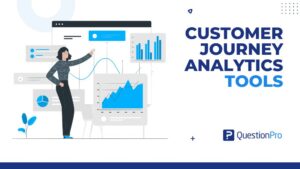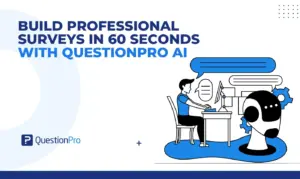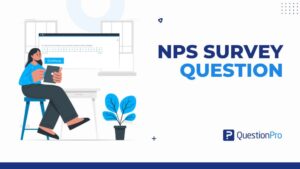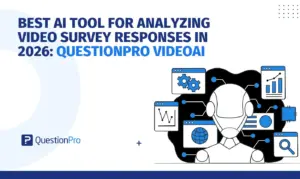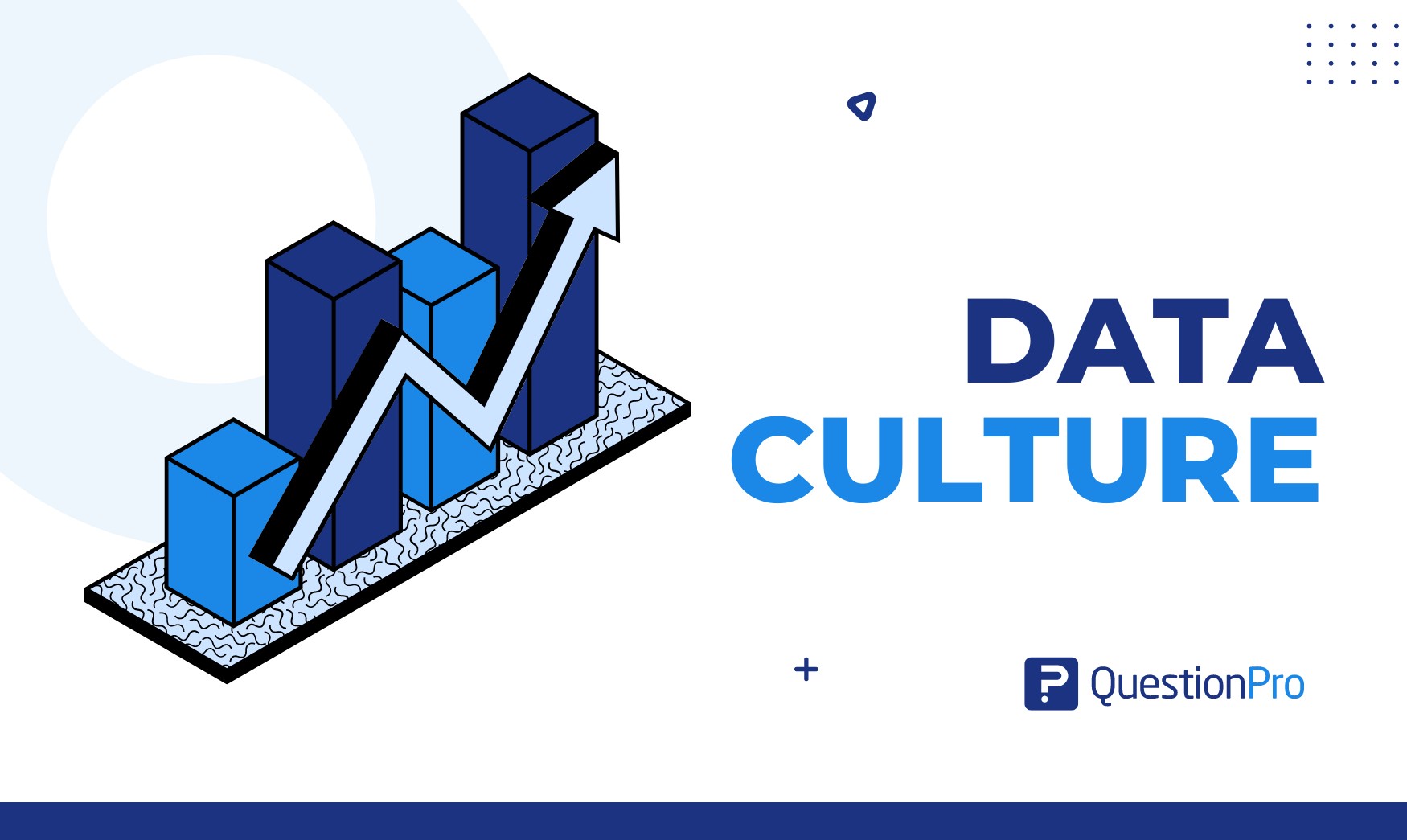
A robust data culture is essential for organizations to make informed decisions and drive innovation.
This involves creating a mindset where data is at the core of decision-making processes. Let’s explore this roadmap, exploring the importance of a well-defined data strategy in simple terms.
Data can become the foundation of a language everyone in your organization speaks. But to create what is known as Data culture, you need to start with the basics to explore in detail all the implications of this discipline. Start by ensuring everyone understands the basics: “What is data, and why does it matter?” are some of the questions that everyone should know; therefore, in this article, we will explore the different elements that make up this concept that is revolutionizing multiple industries.
What is Data Culture?
Data culture refers to the set of values, beliefs, and practices within an organization that emphasizes the importance of data in decision-making and problem-solving. It encompasses the way an organization perceives, values, and utilizes data throughout its various processes and functions.
A robust data culture can lead to more informed decision-making, improved efficiency, and a competitive edge in today’s data-driven business landscape. It’s about creating an organizational mindset where data is not just a byproduct but a fundamental asset for growth and success.
Why is a Strong Data Culture Important for Your Organization?
Building a data culture is crucial for organizations in today’s fast-paced and data-driven world. Here are several reasons why creating a robust data culture is important:
- Informed Decision-Making: A data-driven culture ensures that decisions are based on accurate, relevant, and up-to-date information rather than intuition or guesswork. This leads to more informed and effective decision-making at all levels of the organization.
- Efficient Operations: Data-driven insights can highlight areas of inefficiency in processes, allowing organizations to optimize operations and allocate resources more effectively. This leads to cost savings and improved overall efficiency.
- Innovation: A culture that values and utilizes data fosters innovation. Data can uncover new opportunities, identify emerging trends, and guide the development of new products or services. It provides a foundation for experimentation and learning.
- Customer Understanding: Data usage allows organizations to better understand their customers’ needs, preferences, and behaviors. This understanding is crucial for tailoring products and services, improving customer experiences, and building stronger, more lasting relationships.
- Employee Empowerment: A data-driven culture encourages employees to use data in their decision-making processes. This empowerment leads to a more engaged and proactive workforce, as employees feel more confident in their decisions when supported by relevant data.
- Accountability and Transparency: Data provides a clear and objective basis for evaluating performance and outcomes. This fosters accountability and transparency within the organization, as decisions and actions can be traced back to data-driven insights.
- Adaptability: Adaptability is key to survival in a rapidly changing business environment. A robust data culture allows organizations to adapt quickly by staying attuned to market dynamics, customer preferences, and emerging trends.
The Difference between Data Culture and Data Governance
While data culture and data governance are related concepts that both play crucial roles in an organization’s effective use of data, they refer to different aspects of managing and leveraging data.
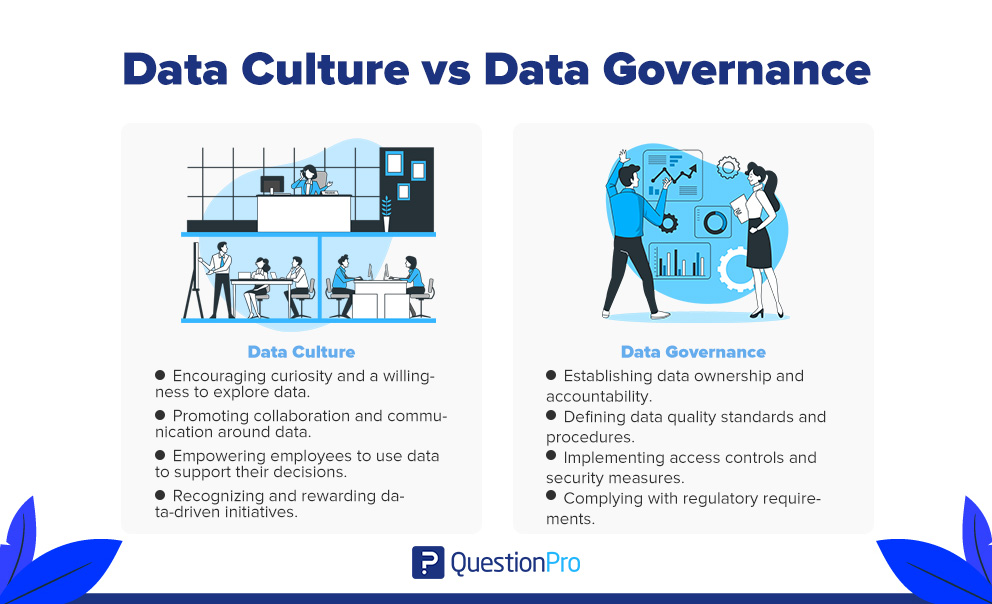
Data Culture
- Definition: Data culture refers to the overall mindset, attitudes, and behaviors within an organization regarding the use of data. It encompasses how individuals across different roles and levels of the organization perceive, prioritize, and utilize data in their day-to-day activities.
- Focus: The emphasis is on fostering a culture where employees recognize the value of data, actively seek data-driven insights, and incorporate data into decision-making processes.
Key Elements:
- Encouraging curiosity and a willingness to explore data.
- Promoting collaboration and communication around data.
- Empowering employees to use data to support their decisions.
- Recognizing and rewarding data-driven initiatives.
Data Governance
- Definition: It is a structured framework that defines and enforces policies, procedures, and responsibilities for managing and ensuring the quality, integrity, and security of an organization’s data assets.
- Focus: The primary goal is to establish a set of guidelines and controls to manage data throughout its lifecycle, ensuring its reliability, accuracy, and compliance with regulations.
Key Elements:
- Establishing data ownership and accountability.
- Defining data quality standards and procedures.
- Implementing access controls and security measures.
- Complying with regulatory requirements.
- Creating metadata management processes.
- Developing data stewardship roles and responsibilities.
Relationship Between Data Culture And Data Governance
A strong data culture can support and reinforce the business objectives of data governance. When employees embrace a data-driven mindset, they are more likely to adhere to data governance policies and actively participate in maintaining data quality and security.
It provides the structured framework and guidelines necessary to ensure that data is used responsibly and effectively. It complements the cultural aspects by providing the necessary rules and procedures to govern the use and management of data.
How to Create a Strong Data Culture?
Creating a strong data culture within an organization is paramount in today’s business landscape, especially with the increasing significance of data scientists, data access, and data science. Let’s explore the key steps to create a data-driven environment that encourages collaboration, data analysis, innovation, and informed decision-making.
Start with Leadership Commitment
A data-driven culture must begin at the top. Gain the commitment of leadership, with a focus on the Chief Data Officer (CDO) who can champion the data literacy agenda. When leaders prioritize and model data-driven decision-making, it sets the tone for the entire organization.
Identify Current Challenges
Understand and address the challenges your organization faces in becoming data-savvy. Whether it’s budget constraints, lack of training resources, or employee resistance, acknowledging and overcoming these obstacles is crucial for progress.
Promote Data Literacy
Invest in training and development programs to enhance data literacy skills across all levels. Launching a pilot learning program and gradually expanding ensures that employees understand data, interpret statistical analyses, and make informed, data-driven decisions.
Ensure Data Accessibility
Make data easily accessible to all employees while maintaining proper data governance and security measures. Implement self-service analytics tools to empower employees to independently access and analyze relevant data.
Encourage Data-Driven Decision Making
Foster an environment where decisions are based on data rather than intuition. Address the fear associated with working with data by communicating at a level that suits your audience. Set clear expectations and milestones for teams to become data literate.
Create Data Personas
Recognize that one size does not fit all when it comes to data upskilling. Identify different data personas within your organization and tailor data literacy initiatives to their specific needs. Utilize a data competency framework to understand the diverse spectrum of data skills.
Celebrate Success
Acknowledge and reward the use of data in decision-making. Whether through formal recognition programs or by sharing success stories in company meetings and communications, celebrating achievements reinforces the importance of embracing data-driven practices.
How QuestionPro Helps in Creating a Data Culture?
Developing data culture matters for businesses looking to thrive in the data-driven era. One key player in this arena is QuestionPro, a versatile survey and data analytics platform that plays a crucial role in creating a healthy data culture within organizations.
1. Seamless Data Collection
QuestionPro provides a user-friendly platform for creating and distributing surveys. Whether you’re conducting customer feedback surveys, employee engagement surveys, or market research, the platform makes data collection a breeze. The ease of use encourages teams to actively engage in data gathering, laying the foundation for a culture that values information and insights.
2. Diverse Survey Options
The platform offers a wide array of survey types, from simple questionnaires to advanced research surveys. This versatility ensures that organizations tailor their surveys to suit their needs. By accommodating various survey formats, QuestionPro enables businesses to collect diverse data sets, fostering a culture that values comprehensive insights.
3. Real-Time Analytics
One of the standout features of QuestionPro is its real-time analytics capabilities. This means that teams can access and analyze the data instantly as soon as responses start pouring in. The immediacy of insights promotes an agile decision-making process, encouraging a culture where teams rely on up-to-the-minute data to guide their actions.
4. Data Visualization
Understanding data is not just about numbers; it’s about telling a story. QuestionPro simplifies this process with its robust data visualization tools. Teams can create compelling charts and graphs, making comprehending complex data sets easier for everyone in the organization. This visual approach to data promotes a culture where insights are not only accessible but also easy to interpret.
5. Collaboration and Sharing
Creating a strong data culture involves ensuring that data is not siloed. QuestionPro facilitates collaboration by allowing the data team to share survey data and insights seamlessly. This collaborative environment fosters an organizational culture where information is shared across departments, breaking down barriers and promoting a holistic, data-driven approach to decision-making.
6. Training and Support
For a data culture to flourish, it’s essential that teams feel confident in utilizing the tools at their disposal. QuestionPro provides comprehensive training resources and excellent customer support. This ensures that everyone, regardless of their technical expertise, can actively contribute to the data culture within the organization.
Conclusion
Understanding the essence of data culture, recognizing its importance, and comprehending the distinction between data culture and governance lays a solid foundation. Data culture is not merely about numbers; it’s about instilling a mindset where data becomes the lifeblood of growth and success.
Creating a strong data culture is like having a reliable map for success in today’s data-driven world. Organizations can make better decisions, work more efficiently, and stay innovative by understanding the basics, promoting teamwork, and using tools like QuestionPro. It’s like having a superpower for success in the business journey! Contact QuestionPro for further information.




